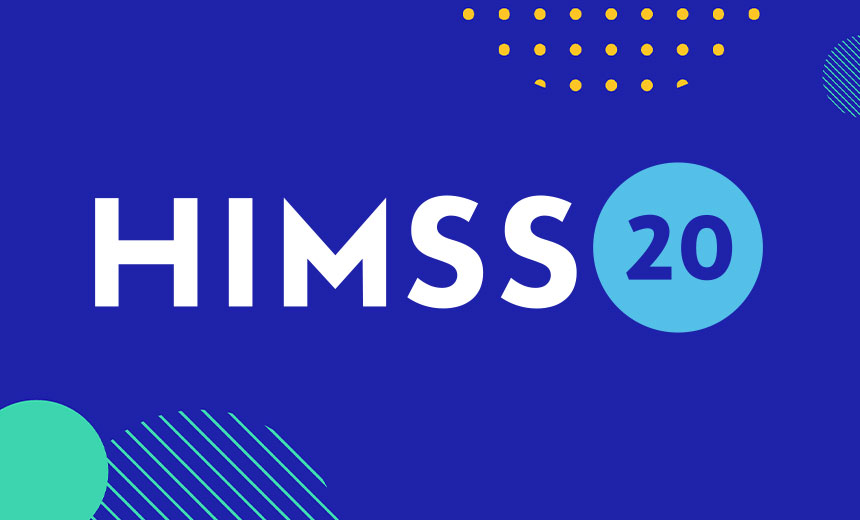The Food and Drug Administration (FDA), has taken actions related to the approval of Artificial Intelligence (AI)-based technologies with application in healthcare.
In January, the FDA published its Action Plan on Artificial Intelligence/Machine Learning based software as Medical Devices. In addition, last year they created the Digital Health Center of Excellence that seeks to launch strategic initiatives that promote digital health technologies.

Recently, the FDA granted breakthrough status to an AI software designed for early detection of breast cancer and thyroid cancer. Through this AI-based system, it is possible to analyze breast and thyroid ultrasound images to support radiologists in determining whether a biopsy is necessary
Through this technology, it will be possible to prevent unnecessary biopsies of benign tissue and reduce costs for patients.
On the other hand, the FDA also granted breakthrough status to an optical coherence tomography imaging system. This new system is using AI to help surgeons in their medical practice to determine whether, even after removing human tissue in an operation, cancer is still in the patient.
Digital technologies approval
In addition to the approval of AI-based medical software, the FDA has also approved products related to digital technologies focused on therapeutic tools.
For example, a digital therapy solution developed for the treatment of rheumatoid arthritis also received FDA status. This device works through a headset that sends electrical signals to modulate neurological pathways leading to a reduction in the pain of rheumatoid arthritis.
Another example is the implantable micro sensor to facilitate remote monitoring of glaucoma patients, which received FDA breakthrough status.






